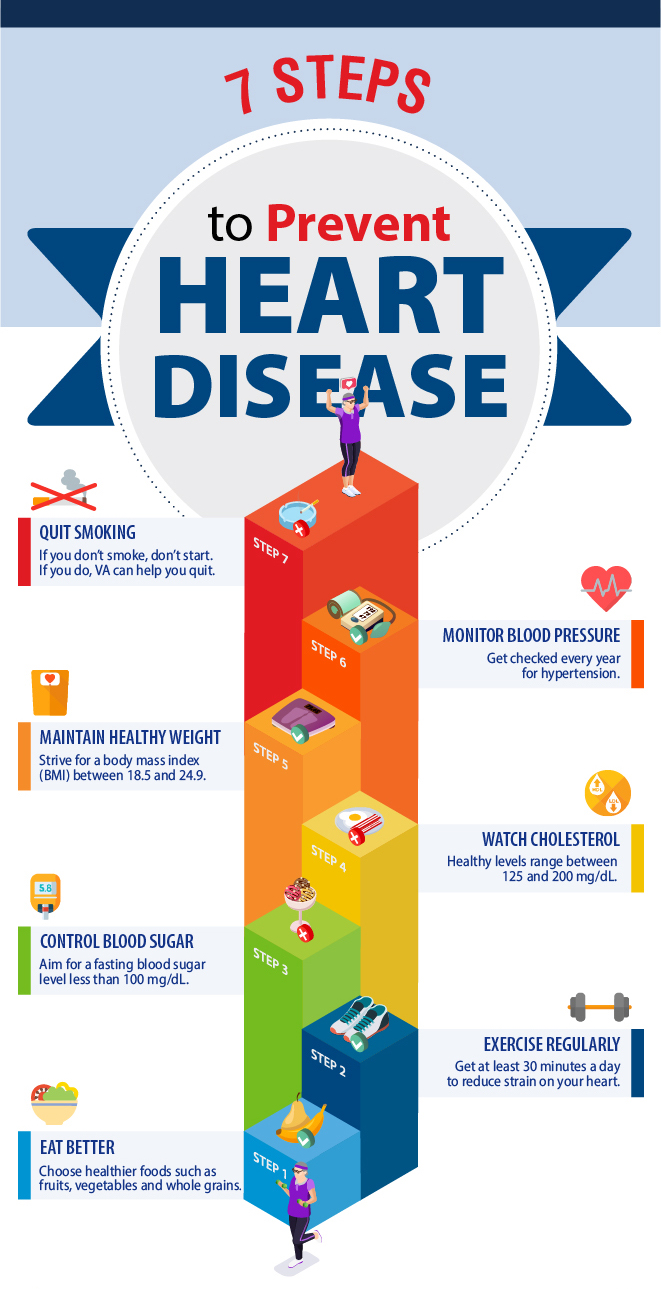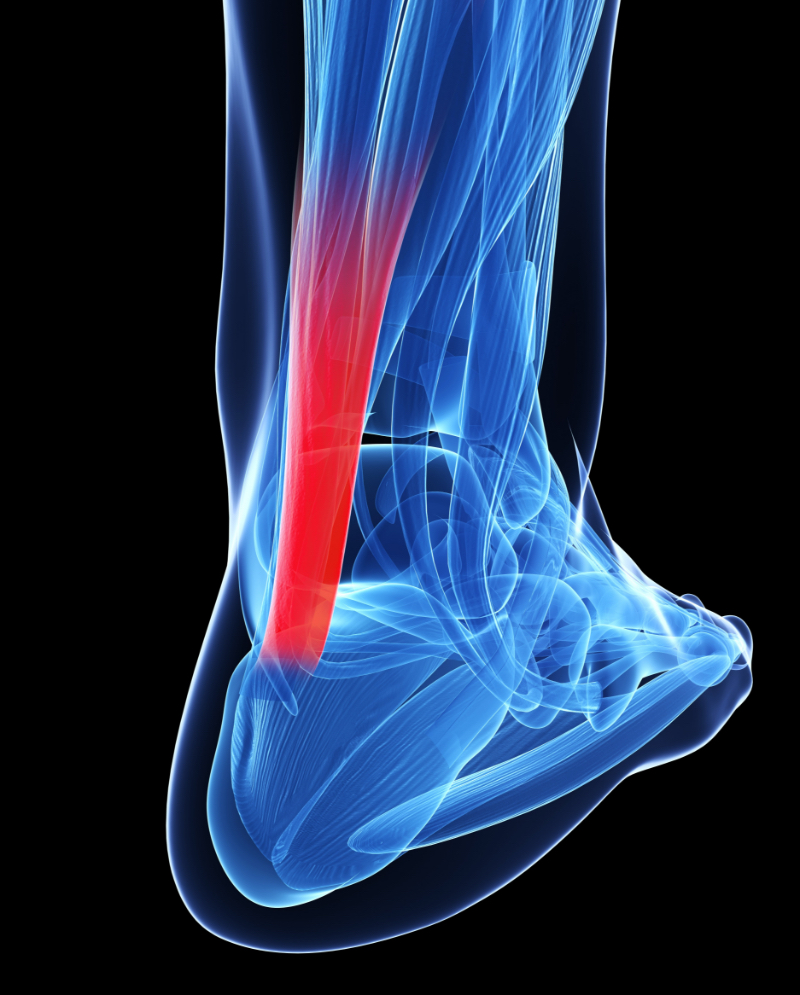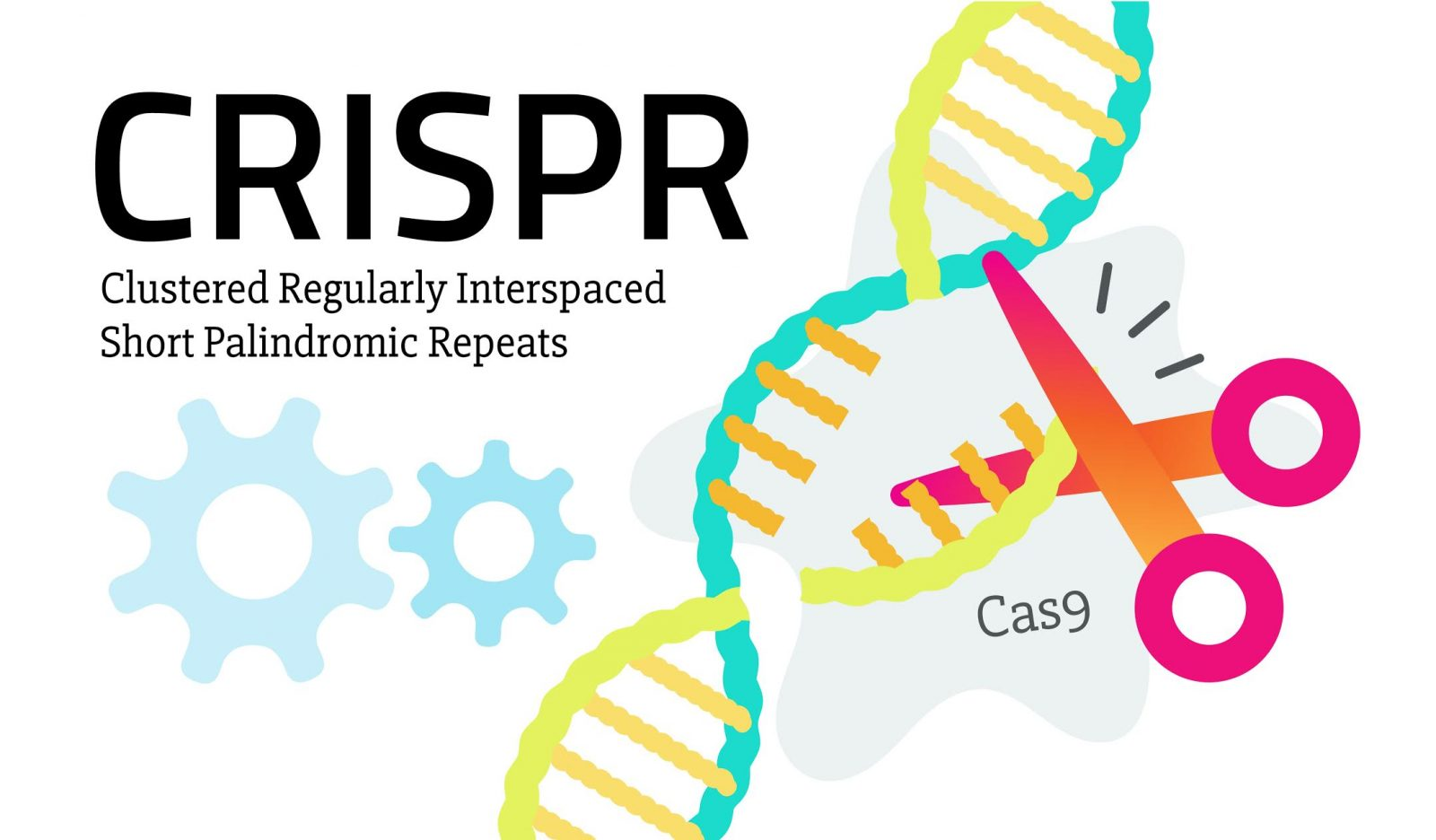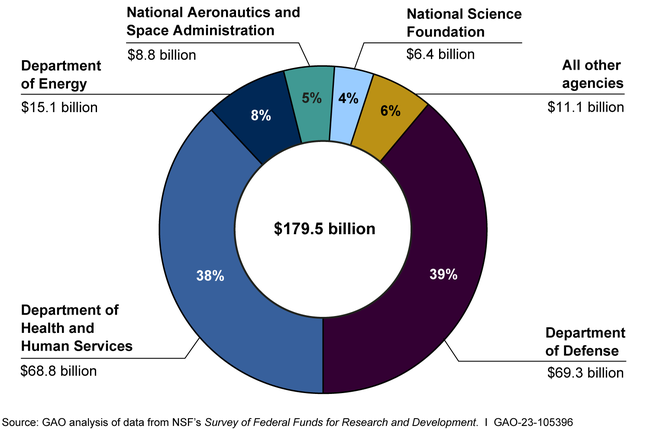Cardiovascular disease prevention is a pressing necessity in today’s health landscape, as heart disease continues to reign as America’s leading cause of death. Despite significant advancements in healthcare, many individuals remain complacent about the risks associated with high cholesterol and other cardiovascular health factors. Experts stress the importance of preventative cardiology, urging people to take proactive steps towards managing their heart health before problems arise. The focus on cholesterol management and lifestyle changes, along with possible interventions like statin therapy, can considerably reduce the chances of heart-related ailments. By prioritizing cardiovascular disease prevention now, we can pave the way for a longer, healthier life.
Guarding against heart-related illnesses is more crucial than ever, as cardiovascular conditions can silently accumulate over the years. With heart disease being the most prevalent health issue, it’s vital to understand the role of preventative strategies in avoiding severe consequences. Emphasizing regular monitoring of health metrics, including blood pressure and cholesterol levels, can empower individuals to maintain their well-being. As medical innovations improve treatment options, awareness about healthy lifestyle changes and the use of medications like statins can play a significant part in preemptive measures against heart disease. Taking charge of one’s cardiovascular health not only safeguards personal well-being but also contributes positively to the broader community.
Understanding Cardiovascular Disease Prevention
Preventing cardiovascular disease (CVD) should be a primary health concern for individuals of all ages. Unlike cancer, which often prompts a swift response from patients and families, the insidious nature of heart disease leads to a casual dismissal among many. Awareness of the chronic nature of cardiovascular damage is essential. It is not simply an issue that arises with age; rather, it accumulates over decades, often going unnoticed until the consequences are severe. For effective CVD prevention, individuals should focus on understanding their numbers — particularly LDL cholesterol, blood pressure, and weight. This proactive approach is a cornerstone of preventative cardiology and can significantly reduce risk factors associated with heart disease. Health screenings and a dedicated effort to maintain a healthy lifestyle through diet and exercise are vital components of preventing heart-related illnesses.
Moreover, many patients overlook the importance of regular monitoring and treatment for manageable risk factors like high cholesterol and high blood pressure. With the advent of modern medical treatments, including statin therapy, there are ample opportunities to mitigate the risks associated with cardiovascular health. Education about the benefits and necessity of these medications is critical. For instance, even patients with mildly elevated LDL cholesterol should not disregard medical advice. Using statins early on can not only lower cholesterol levels but also significantly decrease the risk of heart attacks and strokes in the future. This understanding is crucial for motivating patients to prioritize cardiovascular health over the long term.
The Role of Cholesterol Management in Heart Health
Cholesterol management plays an indispensable role in safeguarding heart health and preventing cardiovascular disease. Elevated levels of LDL cholesterol, often referred to as ‘bad’ cholesterol, can lead to the buildup of plaques in arteries, thereby increasing the risk of heart attacks and strokes. For those diagnosed with high cholesterol, the integration of lifestyle changes and medication, particularly statin therapy, is essential for effective management. Patients often struggle to adhere to prescribed treatment regimens, sometimes due to misconceptions regarding the side effects of statins or a lack of awareness about the critical role these medications play in preventing heart disease. Clear communication between healthcare providers and patients can help to bridge this gap, fostering a better understanding of the necessity of managing cholesterol levels throughout life.
In addition to medication, a heart-healthy diet rich in fruits, vegetables, whole grains, and healthy fats is crucial in maintaining optimal cholesterol levels. Regular physical activity complements dietary changes, helping to raise HDL or ‘good’ cholesterol levels, which can mitigate some of the harmful effects of LDL cholesterol. Preventative cardiology emphasizes the importance of lifestyle factors in the management of cholesterol and overall cardiovascular health. Through a combination of education on dietary choices, the implementation of physical exercise into daily routines, and adherence to treatment plans, individuals can actively participate in lowering their cholesterol, thereby reducing their risk for heart disease.
Innovative Strategies in Cardiovascular Health
Innovations in cardiovascular health have transformed the landscape of disease prevention and patient care. Recent advancements in technology, such as the use of artificial intelligence, are shaping how healthcare providers assess risk and personalize treatment plans for patients. These technologies allow for real-time data analysis, leading to tailored recommendations that can more effectively address individual patient needs. Additionally, wearable fitness devices provide patients with the means to monitor their health metrics, enabling them to take a more active role in managing their cardiovascular health. This shift from a passive to an active healthcare model empowers individuals to maintain their well-being and implement preventative measures against heart disease.
Moreover, new approaches such as navigator programs enhance patient compliance and follow-up care in the management of cardiovascular conditions. These programs aim to address common barriers like prescription refills and patient education. Navigators reach out to patients, reminding them of medications and encouraging them to continue their heart health journey. This persistent support system can significantly improve treatment adherence and lead to better health outcomes. Thus, the integration of innovative strategies in health technology and patient engagement is pivotal in reducing the burden of cardiovascular disease and improving overall cardiovascular health in our communities.
The Importance of Early Detection and Intervention
Early detection and intervention in cardiovascular disease are paramount to reducing mortality rates associated with heart conditions. Given that heart disease often develops silently before presenting with more severe symptoms, routine screenings can play a critical role in identifying risks such as high cholesterol and hypertension early on. The message from cardiovascular experts emphasizes that individuals should not wait for symptoms to appear — knowing one’s health numbers is key to proactive management. Regular check-ups enable healthcare providers to offer timely interventions, including lifestyle guidance or medications when necessary, thereby preventing the progression of disease.
Furthermore, early intervention strategies can significantly alter the course of cardiovascular health outcomes. For instance, a patient informed about their elevated LDL cholesterol levels can take immediate steps to adjust their diet, increase physical activity, or begin statin therapy, thereby lowering their long-term risk of heart disease. Engaging in preventative cardiology practices empowers patients to approach cardiovascular health with the seriousness it deserves. Continuous education and communication between patients and healthcare professionals are essential in establishing a culture that prioritizes heart health, recognizing that intervention at an early stage can lead to remarkable long-term benefits.
Lifestyle Changes: A Cornerstone of Heart Disease Prevention
Adopting lifestyle changes is crucial for anyone looking to prevent heart disease and improve cardiovascular health. Fundamental changes include maintaining a balanced diet, engaging in regular physical activity, and managing stress effectively. Nutritional choices play a significant role in heart health; incorporating fruits, vegetables, whole grains, and lean proteins while reducing saturated fats and sugars can lower cholesterol and blood pressure levels. Similarly, regular exercise not only aids in weight management but also strengthens the heart, improves circulation, and can elevate mood, contributing to overall cardiovascular health.
Moreover, lifestyle modifications should incorporate stress management techniques such as mindfulness, yoga, or other relaxation practices, as high-stress levels can negatively impact heart health. Understanding the psychological aspect of cardiovascular disease prevention is essential; patients who feel in control of their health are more likely to adhere to lifestyle changes and medical interventions. A comprehensive approach that combines proper nutrition, physical activity, and mental well-being can lead to significant improvements in managing risks associated with cardiovascular diseases.
The Need for Enhanced Patient Education
Enhanced patient education is essential for effective cardiovascular disease prevention. Many patients lack the necessary information about risk factors, preventive measures, and the importance of regular medical check-ups to monitor heart health. Educational initiatives that focus on enlightening patients about the implications of high cholesterol, blood pressure, and lifestyle choices can encourage proactive engagement in their health. By understanding the severity of heart disease and its prevalent risk factors, individuals are more likely to prioritize preventative measures and adhere to medical advice from their healthcare providers.
In addition to informing patients about the risks associated with heart disease, educational programs should emphasize the benefits of early detection and statin therapy. When individuals comprehend that managing their cholesterol proactively can significantly decrease their risk for heart disease, they are more likely to comply with treatment plans and lifestyle adjustments. Therefore, strategies that enhance patient knowledge, including workshops, informational materials, and community outreach, are critical in cultivating a society that values cardiovascular preventative measures and is equipped to combat the prevalent threat of heart disease.
The Future of Cardiovascular Health Initiatives
The future of cardiovascular health initiatives looks promising, driven by advancements in medical research and technology. Innovative approaches in treatment protocols, such as the development of more effective medications and minimally invasive surgical techniques, continue to evolve. Additionally, the integration of artificial intelligence and machine learning in healthcare is paving the way for more precise diagnosis and targeted therapies for patients at risk of cardiovascular disease. These technological advancements can lead to earlier detection of conditions, more personalized treatment plans, and ultimately better health outcomes for individuals.
Moreover, public health campaigns focused on educating the community about cardiovascular health are instrumental in reducing the prevalence of heart disease. These initiatives aim to raise awareness about prevention methods, encourage regular health screenings, and promote healthier lifestyles among the population. As these programs gain traction, they can significantly impact public perception, motivating individuals to prioritize heart health seriously. The collective efforts of healthcare professionals, policymakers, and patients themselves are vital in ushering in a new era of cardiovascular health that emphasizes prevention and proactive management.
The Impact of Socioeconomic Factors on Heart Health
Socioeconomic factors play a significant role in determining an individual’s cardiovascular health. Access to healthcare significantly influences a person’s ability to receive timely screenings and appropriate medical interventions for conditions like high cholesterol and hypertension. Communities with lower socioeconomic status often face barriers such as inadequate health insurance, limited access to healthy food options, and lack of educational resources about heart disease, which can exacerbate health disparities. Recognizing these challenges is critical in developing effective preventive measures that are accessible to all populations.
By addressing socioeconomic impediments to healthcare access, community health initiatives can focus on improving overall cardiovascular health outcomes. Outreach programs that provide health education, resources for affordable healthy meals, and access to routine care can mitigate some of the adverse effects linked with low socioeconomic status. For example, free cholesterol screenings in underserved communities can empower individuals to take charge of their heart health. Ultimately, prioritizing equality in cardiovascular care and education fosters a healthier population and helps combat the prevalent issues associated with heart disease.
Utilizing Technology for Better Heart Health Monitoring
The emergence of technology has transformed the way individuals manage their cardiovascular health. With the advancement of wearable devices, patients can track vital metrics such as heart rate, blood pressure, and physical activity levels in real time. This data not only empowers individuals to make informed lifestyle choices but also serves as an effective communication tool between patients and healthcare providers. For example, regular monitoring can alert a user to significant changes in heart health, prompting discussions with their doctors about necessary adjustments in treatment or lifestyle.
Moreover, digital health tools such as mobile applications enable users to receive personalized health information and reminders about medication adherence or routine screenings. The integration of telemedicine ensures that patients can easily connect with healthcare professionals, especially when access to in-person visits is limited. As technology continues to evolve, its role in improving cardiovascular health management and prevention of heart disease is crucial. Harnessing these innovations not only enhances patient engagement but also facilitates a more efficient healthcare delivery system focused on preventative care.
Frequently Asked Questions
How can I effectively manage cholesterol levels as part of cardiovascular disease prevention?
Managing cholesterol levels is crucial for cardiovascular disease prevention. Ensure your diet includes healthy fats, such as those found in olive oil, nuts, and avocados, while reducing saturated and trans fats. Regular exercise can aid in increasing HDL (good) cholesterol and lowering LDL (bad) cholesterol. Discussing statin therapy with your healthcare provider may also be necessary for individuals with high LDL levels.
What are the best practices in preventative cardiology for a healthier heart?
Preventative cardiology focuses on lifestyle changes to mitigate cardiovascular disease risk. Key practices include maintaining a balanced diet rich in fruits, vegetables, and whole grains, engaging in regular physical activity, managing stress, and avoiding smoking. Regular health screenings to monitor blood pressure and cholesterol levels can help detect potential risks early.
What role does statin therapy play in heart disease prevention?
Statin therapy is widely used in heart disease prevention to lower LDL cholesterol levels, reducing the risk of cardiovascular events. Statins are effective in stabilizing plaque in arteries and preventing heart attacks. Discussing the benefits and potential side effects of statins with your doctor is essential, especially if you have elevated cholesterol levels.
Why is cardiovascular health important even if I feel fine?
Cardiovascular health is vital because heart disease can develop quietly, often without symptoms. Routine screenings for blood pressure, cholesterol levels, and other risk factors help in early identification and intervention. Prioritizing cardiovascular disease prevention can save lives, as heart disease is the leading cause of death in many populations.
What lifestyle changes can make a significant impact on cardiovascular disease prevention?
Making lifestyle changes can significantly impact cardiovascular disease prevention. Adopting a heart-healthy diet, engaging in regular exercise, maintaining a healthy weight, quitting smoking, and managing stress are key factors. Additionally, monitoring health metrics like blood pressure and cholesterol can help in taking proactive measures toward cardiovascular health.
| Key Point | Details |
|---|---|
| Understanding Cardiovascular Disease | Cardiovascular disease is the leading cause of death in the U.S., yet many patients remain nonchalant about prevention. |
| Patient Attitudes | Patients often delay dietary changes and exercise, contrary to the urgency that a cancer diagnosis elicits. |
| Awareness of Risk Factors | Patients should know their numbers—cholesterol, blood pressure, weight, and sleep quality—early on. |
| Advances in Treatment | Significant improvements in surgical techniques, like heart transplant, allow patients to recover faster. |
| Use of Technology | Wearable devices empower patients to monitor their health, while new medications improve outcomes even for non-diabetics. |
| Patient Engagement Strategies | Patient navigators provide support and help maintain adherence to treatment plans, addressing undertreatment. |
Summary
Cardiovascular disease prevention is crucial, yet often overlooked by patients who underestimate the risks involved. Understanding the importance of proactive health measures, such as managing cholesterol levels and blood pressure, is essential for combatting the leading cause of death in America. Increased awareness, combined with technological advancements in treatment and patient care, can drastically improve outcomes. Engaging patients through education and continuous support is vital for effectively reducing the burden of cardiovascular disease.




